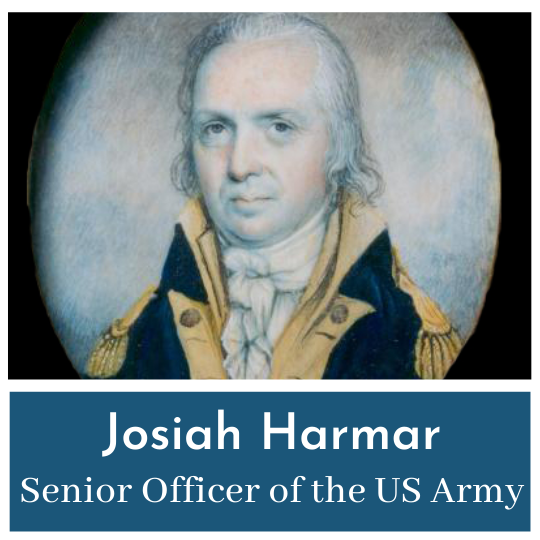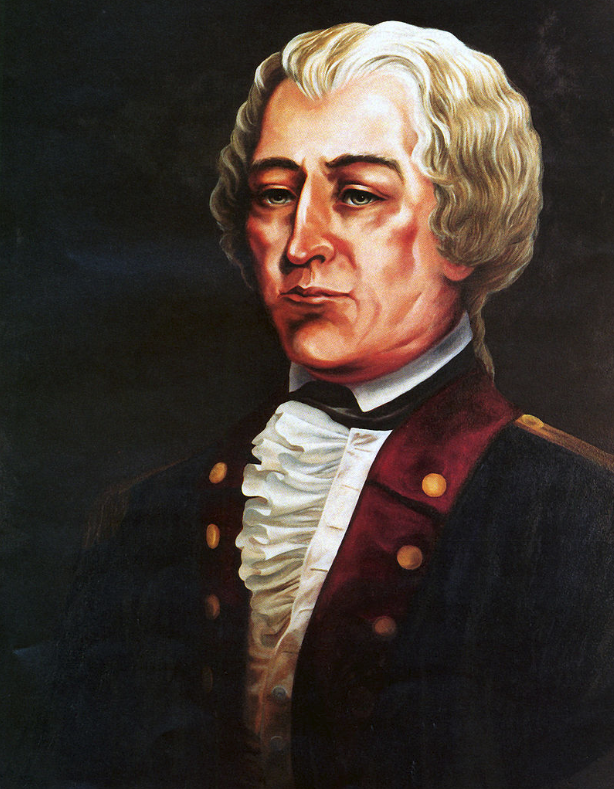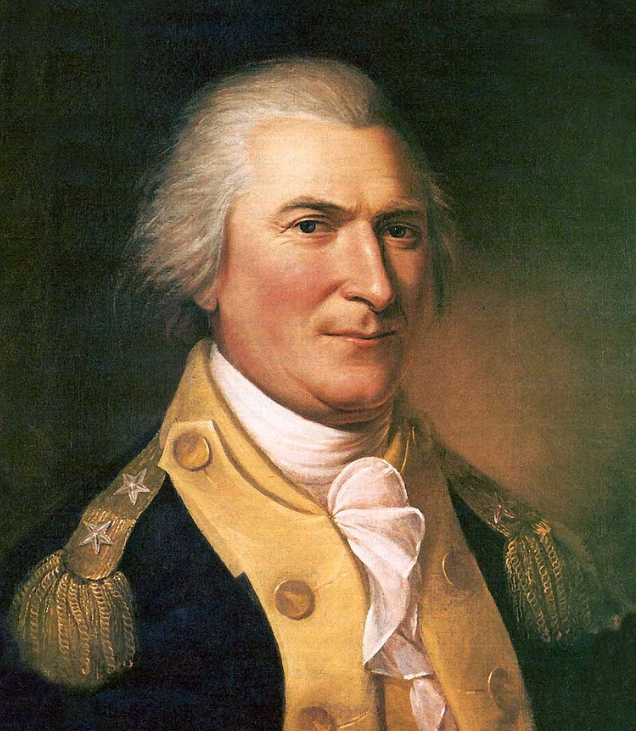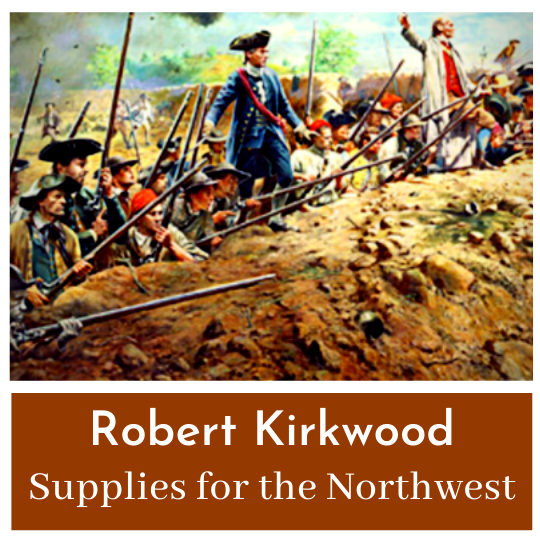Josiah Harmar’s Defeat - Embarrassing the Senior Officer of the US Army
Josiah Harmar was the Senior Officer of the United State Army at the onset of the Northwest Indian War.
Josiah Harmar
Josiah Harmar found himself serving as an aide-de-camp to several Generals during the Revolutionary War in his mid-20’s.
By the war’s conclusion, Harmar had become so respected that he was chosen by the Continental Congress to travel to France carrying the ratified Treaty of Paris.
His arrival permitted the commissioners to officially end the war and finalize American independence.
Senior Officer of the United State Army
Josiah lived in luxury in Paris (even meeting King Louis XVI) and, in turn, ran up extreme debt.
Less than a year later he returned to the United States and resumed his military career.
Harmar was sent to the Ohio Valley where he took over as the Senior Officer of the United States Army.
Though his forces were extremely small, Josiah was able to negotiate with several Native American nations in the area.
He signed both the Treaty of Fort McIntosh and Treaty of Fort Harmar which had middling results.
Powerless Forces
Despite his best efforts, the Northwest Indian War broke out under Harmar’s watch.
Josiah was excited to see the US Constitution ratified, believing it would strengthen the Army’s ability to fight against the Native Americans.
Much to his chagrin, however, President Washington attempted to avoid adding to Anti-Federalist fears of a standing army by continuing to rely on State Militias.
Harmar’s Defeat
Harmar led an expedition against the Native American Confederacy in the Autumn of 1790 in an attempt to finally take control of the region.
Unfortunately, his reliance on Baron von Steuben’s method of fighting did not work against the guerilla tactics of the Native Americans and Josiah’s untrained militiamen were soundly beaten.
This event became known as Harmar’s Defeat and he became a major punching bag in the nation’s newspapers.
Absolved
Josiah was soon replaced by Arthur St Clair (who would have an even worse defeat the following year) and requested a court martial.
Harmar was absolved of all responsibility for his defeat, but still decided to resign from the Army.
He returned to his home in Philadelphia after seven years at war where he served as the State Adjutant General to complete his military career.
Want to read about more Founders of the Ohio Valley?
Great! Check out these articles:
Thomas Worthington Fathers Ohio
Daniel Brodhead and the Coshocton Expedition
Johnny Appleseed as an American Founder
Harmar’s Defeat is mentioned in the buildup to the Northwest Indian War in ‘The Struggle for the Old Northwest.’
Pick up a copy through the Amazon affiliate link below (you’ll support this site, but don’t worry, Amazon pays me while your price stays the same).
Want to get fun American Revolution articles straight to your inbox every morning?
Smart!
Subscribe to my email list here.
You can also support this site on Patreon by clicking here.






